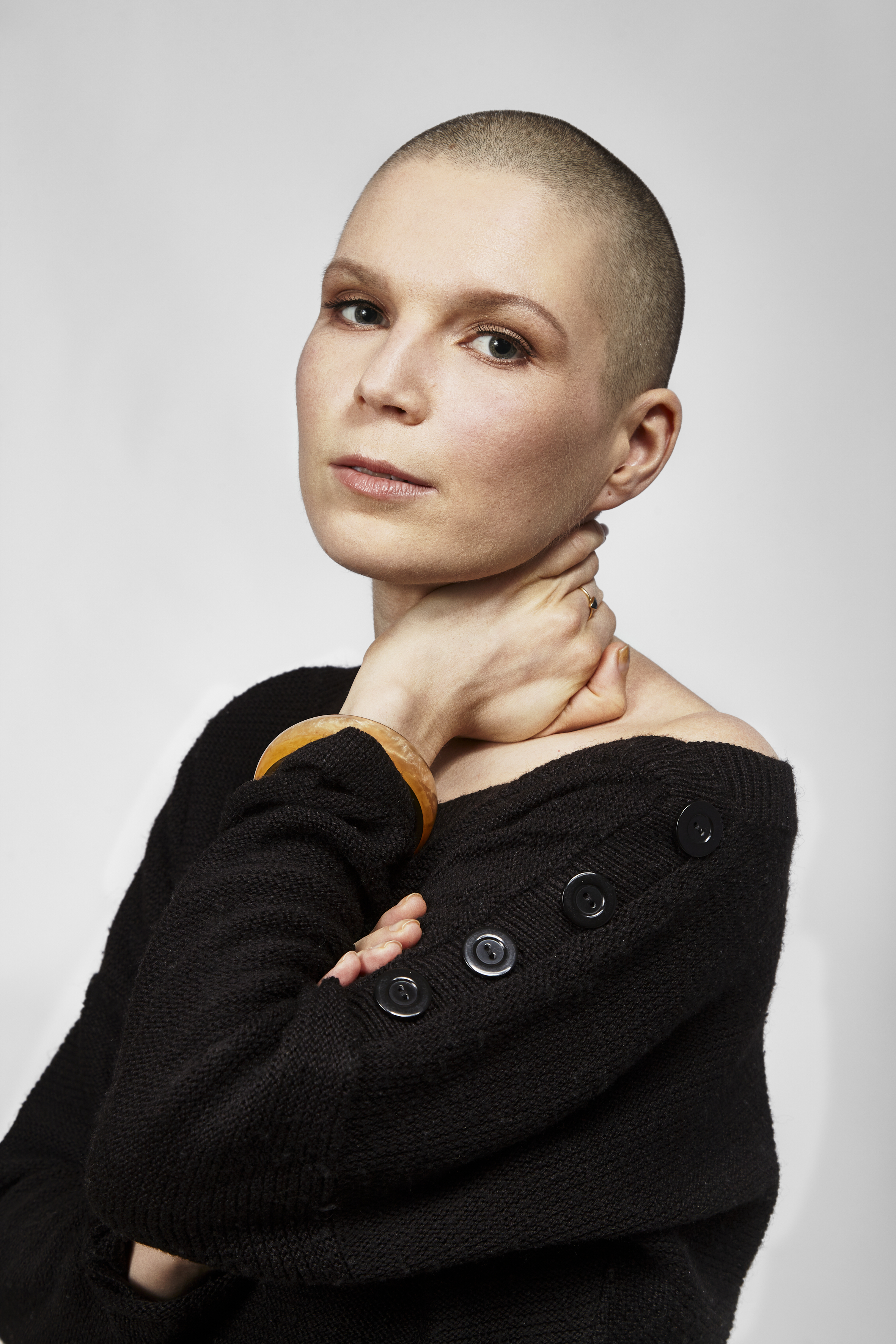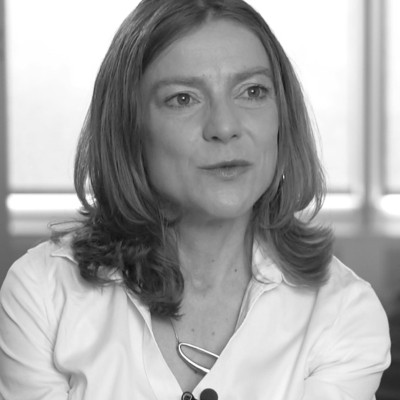A conversation with Author, Journalist and Speaker: Madeleine Hofmann https://www.instagram.com/karla_madeleine/
“It was Spring 2019. I felt a knot because my bra pressed. Several doctors told me that there is nothing to worry about because I was still young. It turned out differently. The result of the tissue examination was: malignant tumor. Then everything happened very quickly.”
Many of us thought the past two years were quite rough. And for most of us they were. But for Madeleine Hofmann it was a bit more then that.
Madeleine opens up to share her emotions during the various steps of this process with us and explains how the experience helped her build up resilience.
What did your cancer diagnosis teach you about resilience?
“It’s quintessence: There are certain things in life that you can’t change or influence, so you better accept them and make the best out of them instead of putting all your energy into refusal and anger.”
What were the emotions you experienced on this journey and how did you cope with them?
“I think during the first year after the diagnosis I felt every emotion there is. There was fury, fear, disbelief and loneliness, but also gratitude, humility and love. At first I was ashamed of a lot of my emotions and judged myself for feeling the way I felt. But from time to time, I learned to accept and welcome my feelings. Even to the point that I started loving this new intense emotionality. Today I see it as a gift. Because in the end, all these emotions, they make us feel human and alive.”
In which way has this time changed you, your life, your work and possibly your friendships?
“In every possible way. The diagnosis shook all my life’s foundations. It made me rethink my priorities, my past life-decisions and my relationships. The shock of the diagnosis and the hard journey of recovery made me a different person, it made me see a lot of things more relaxed and unagitated. It showed me very clearly what and who I want to invest my energy for. It also made me cherish certain relationships even more, because they gave me so much strength and love. I even reconnected with long-lost friends that I dearly missed and whom I was now ready to start fresh with.”
Shortly after your treatment and this difficult time – came covid. I can imagine you were not so socially active during the time of your treatment and then on top comes covid with all its restrictions. How did you perceive and handle that additional challenge?
“At first it was very hard. I had just finished this rehabilitation program and was ready to take on the world and my life again; I wanted to start with a three month long trip to South America. The pandemic thwarted my new, strong zest for life – and that was a big disappointment. I started the first lockdown with absolutely no clue what to do, because I had been in therapy for most of the last year and all I was planning to do now – that I was healthy again – was forbidden. I already have had enough time to bake and read and go for walks, so I was very frustrated at first. But of course this made it easy for me to adjust myself to the situation. Since I already knew how to stay inside and make the best out of it, I now could pass on my knowledge of online cooking classes and yoga videos to my friends.”
How did your gained resilience help you during covid?
“Shortly after dealing with my anger about my life plans being changed and crisscrossed again, I reminded myself that again I can only make the best of the situation. So I took the time at home to take online lessons at Harvard, which I always wanted to do. I bought a van – so I could go traveling without facing crowds of people. Already during the cancer therapy, I decided that in the future, I wouldn’t talk about „making plans“ anymore, but rather about „having ideas“. That kind of thinking helps me a lot when I tend to feel out of control of what’s happening around me.”
What would you advise others to do to build up some resilience on their own?
“Resilience often gets mistaken with the idea of just giving in to the circumstances. But in many cases we can influence and change our situation. So the first step is to identify the moments when you absolutely need your resilience. Ask yourself: Can I change anything about these circumstances? If the answer is yes – well, go ahead and do it. If the answer is no – it means, you have to ask yourself another question: If I can’t change the situation, how am I at least going to make the best out of it? If you do this, you’ll be a lot less afraid of changes and irruptions.”


